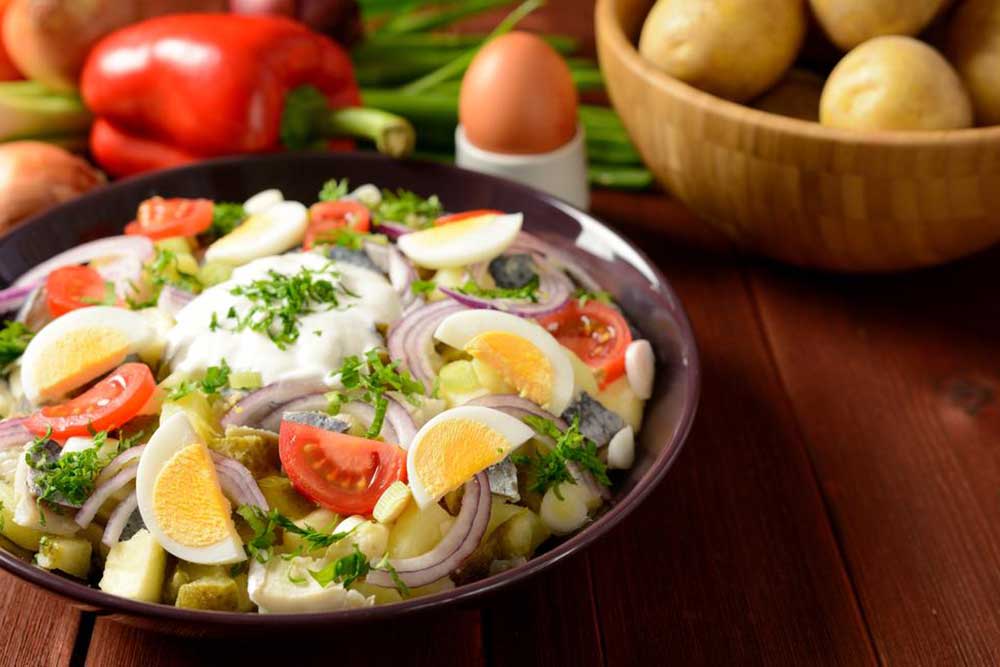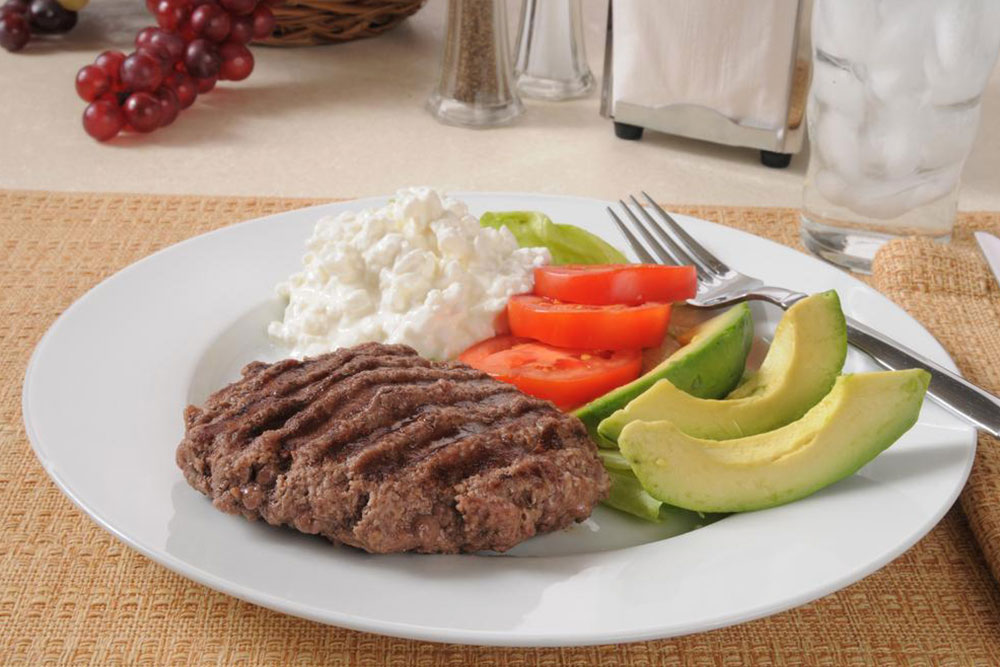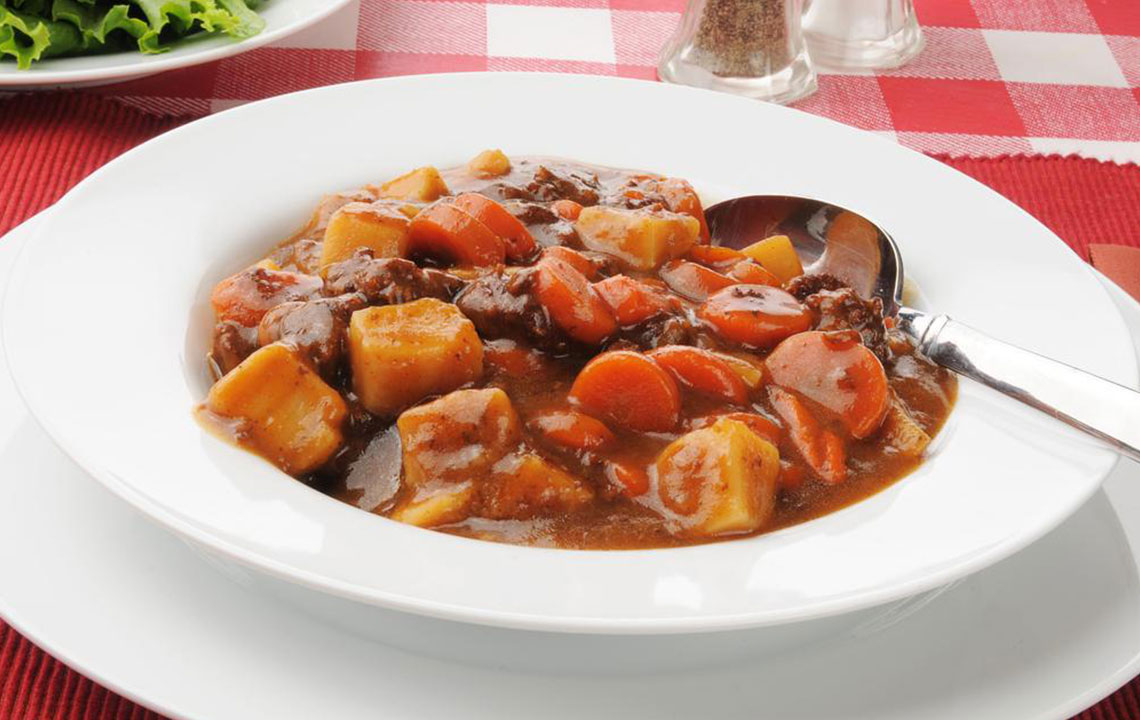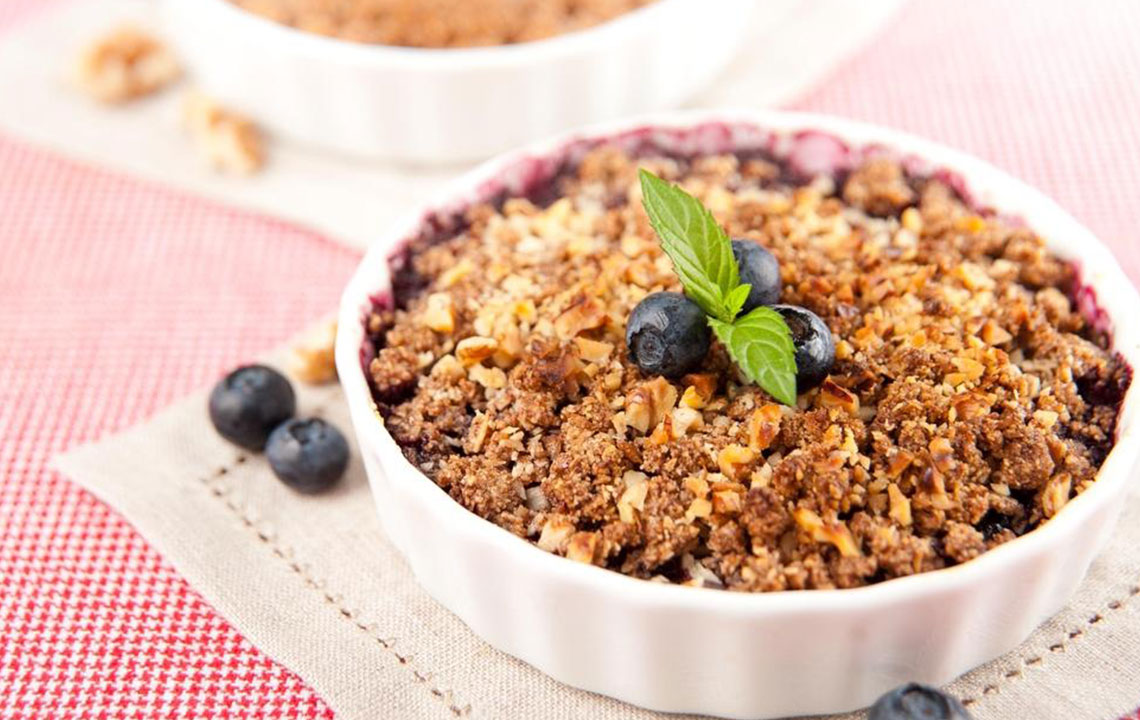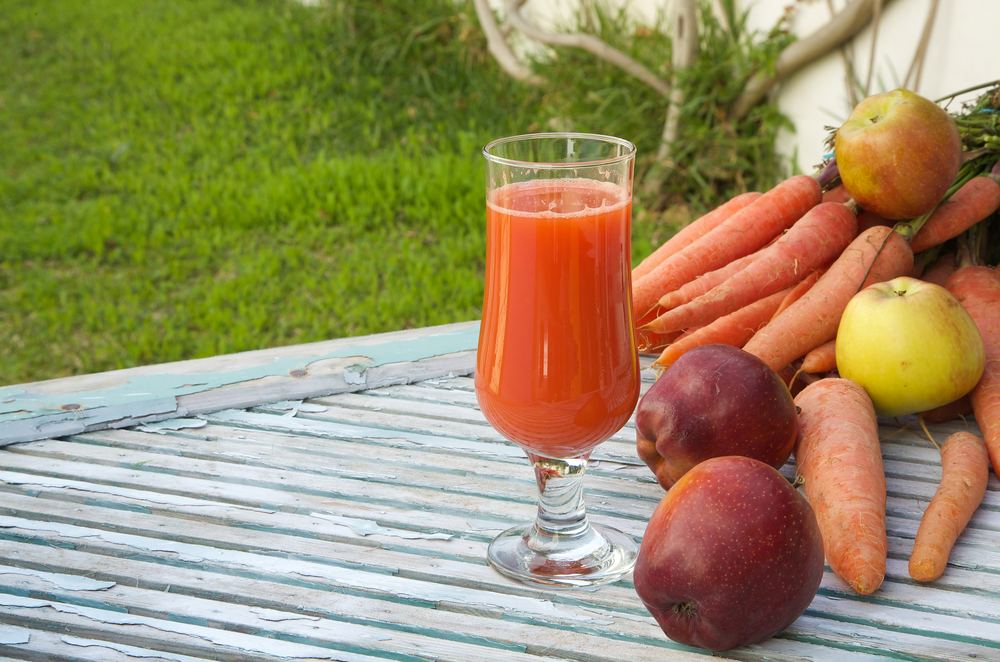Diet Guidelines for Healthy Kidney Function: Essential Foods and Foods to Avoid
This comprehensive guide explains which foods support kidney health and which should be limited to manage kidney disease effectively. It emphasizes a balanced diet rich in vegetables, fruits, lean proteins, and healthy fats while avoiding excessive sodium, potassium, and phosphorus intake. Proper dietary choices can improve kidney function and overall health, especially for those with chronic kidney conditions.
Sponsored
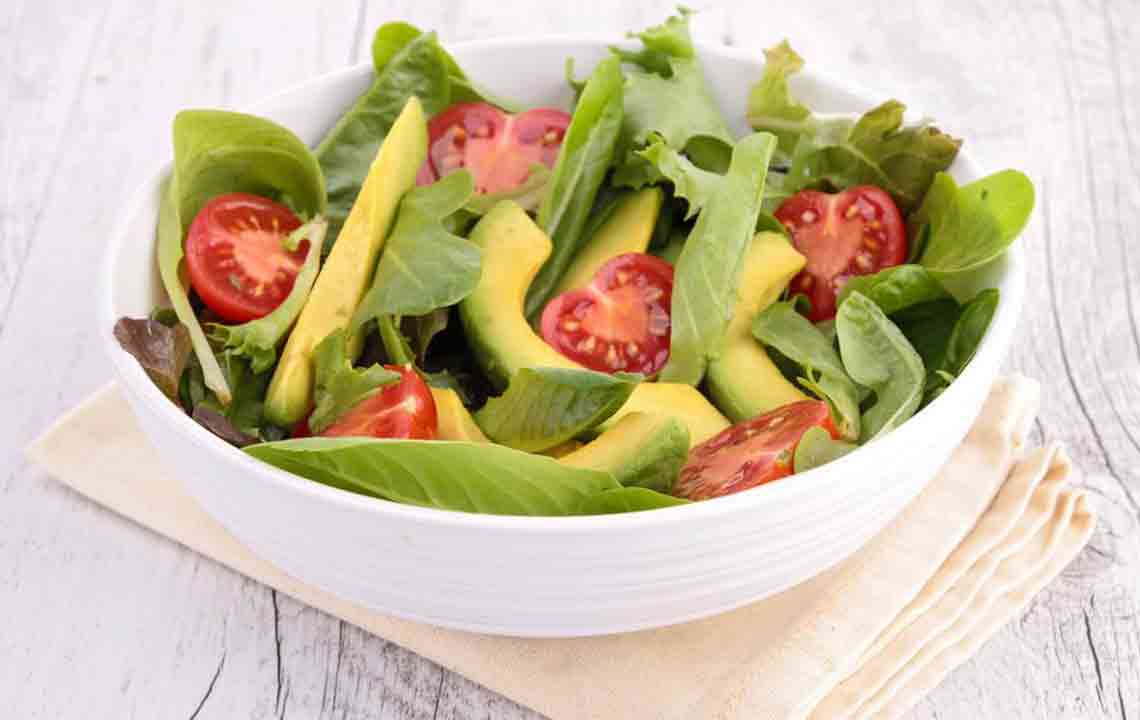
Maintaining Kidney Health with the Right Diet
Kidney conditions impair the organs' ability to filter waste, resulting in accumulation of toxins and fluids. Symptoms such as swollen ankles, breathlessness, fatigue, vomiting, and disrupted sleep are common. A proper diet supports kidney function and helps manage associated conditions like diabetes and hypertension, which can further harm the kidneys.
This guide highlights key foods beneficial for kidney health and those to limit or avoid for optimal management.
Foods to Include:
Cabbage: Rich in phytochemicals, vitamins K and C, fiber, folic acid, and vitamin B6, cabbage supports cardiovascular health and offers cancer protection. It's low in potassium and can be enjoyed steamed, boiled, in salads, or sandwiches.
Cauliflower: Packed with vitamin C, fiber, and folate, cauliflower contains compounds like indoles that help detoxify harmful substances, safeguarding genetic material and cell structures. Eat it steamed, boiled, or raw in salads.
Red Bell Peppers: High in vitamin C, A, B6, folic acid, and fiber, red peppers are versatile and add nutrients to salads, stir-fries, and other dishes.
Apples: Apples aid in lowering cholesterol, improving digestion, and reducing heart disease risk. They are rich in fiber and anti-inflammatory compounds, suitable as snacks, or incorporated into pies, sauces, or juices.
Berries: Blueberries, strawberries, and raspberries are antioxidant powerhouses, rich in fiber and vitamin C. Enjoy them fresh, juiced, blended into smoothies, or added to cereals.
Garlic and Onions: Both support heart health by lowering cholesterol and reducing inflammation. Incorporate them into meals like vegetables, meats, or bread for added flavor and health benefits.
Egg Whites: A lean protein source with lower phosphorus content, perfect for kidney-friendly diets. Prepare omelets, sandwiches, or add cooked whites to salads.
Fish: Contains high-quality protein and omega-3 fatty acids that combat inflammation and promote heart health. Fish like salmon, trout, and mackerel are excellent choices.
Foods to Limit or Avoid:
Sodium: Limiting salt is crucial; avoid adding salt to meals or consuming processed foods, salty snacks, cured meats, and restaurant dishes. Check labels for low-sodium options and avoid salt substitutes containing potassium.
Potassium: Choose fruits like berries, peaches, grapes, peaches, and apples, and vegetables such as broccoli, cauliflower, cucumber, carrots, lettuce, eggplant, and zucchini to keep potassium intake in check.
Phosphorus: Consume dairy in moderation, and avoid nuts, lentils, beans, organ meats, sardines, processed meats, bran bread, and sodas containing phosphates.
Excess Protein: While protein is vital, excess intake strains the kidneys. Consult your healthcare provider to determine appropriate amounts and focus on high-quality, kidney-friendly proteins.


